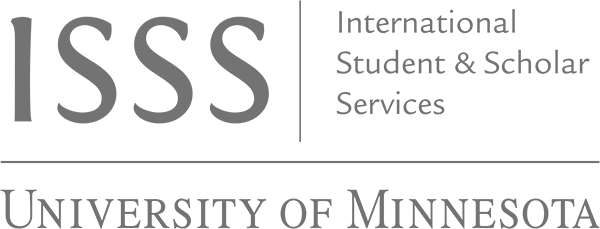To be eligible for H-1B status, the following requirements must be met:
- The employee must have a job offer from a U.S. employer; an employee may not self-petition.
- The job must qualify as a "specialty occupation," as explained below.
- The employee must meet all job requirements at the time of application, including the required degree in a specific field of study, and any licenses, certifications, or other specific requirements for the position. (Note: If an employee has earned a bachelor’s degree or higher in a related field of study but the job does not require the degree, this is insufficient to meet H-1B eligibility criteria. The job must require a specialized degree.)
- The employer must agree to certain conditions, including payment of the required wage (determined by ISSS during preparation of the application).
- Individuals who have held J visa status and are subject to the 2-year home residence requirement (see Student, Scholar, or Student-Intern) are not eligible for H-1B status until that requirement has been fulfilled or waived.
- H-1B status is limited to 6 years, inclusive of all employers; the 6-year period starts over after an employee has left the U.S. for one full year. Exceptions to the 6-year limit exist for certain individuals who have reached a specific stage of the permanent residency (green card) process.
- Postdoctoral Fellows (job code 9560) are typically not eligible for H-1B sponsorship, as they are not employees of the University.
- Universities are exempt from the annual limit (“cap”) on H-1B employment, and can therefore apply for H-1B status at any time. For general information related to non-University cap-subject H-1B employment, see this FAQ.
- There are no specific search and selection processes that are required by H-1B regulations, and employers do not need to show that no U.S. workers are available for the job. (These are common H-1B misconceptions, based on requirements that do exist for certain permanent residency processes.)
Last updated: May 10, 2024
